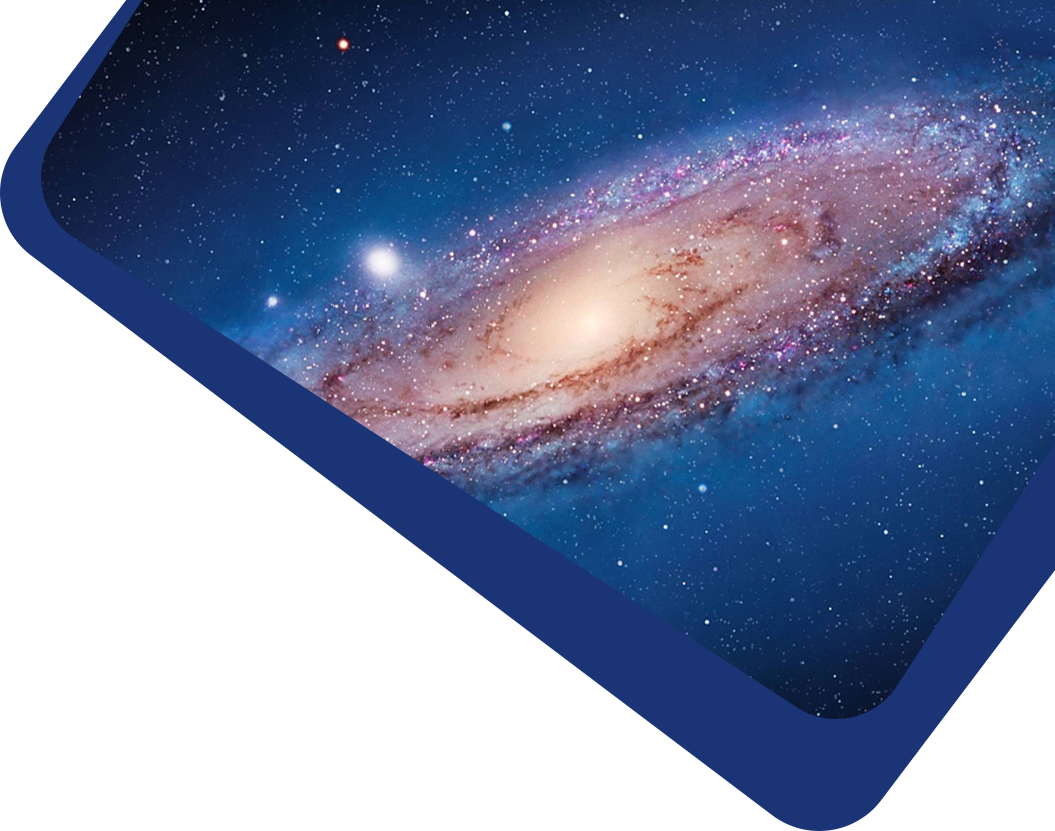

Abstract The continuous observation of the magnetic field by the Solar Dynamics Observatory (SDO)/Helioseismic and Magnetic Imager (HMI) produces numerous image sequences in time and space. These sequences provide data support for predicting the evolution of photospheric magnetic field. Based on the spatiotemporal long short-term memory (LSTM) network, we use the preprocessed data of photospheric magnetic field in active regions to build a prediction model for magnetic field evolution. Because of the elaborate learning and memory mechanism, the trained model can characterize the inherent relationships contained in spatiotemporal features. The testing results of the prediction model indicate that (1) the prediction pattern learned by the model can be applied to predict the evolution of new magnetic field in the next 6 hours that have not been trained, and predicted results are roughly consistent with real observed magnetic field evolution in terms of large-scale structure and movement speed; (2) the performance of the model is related to the prediction time; the shorter the prediction time, the higher the accuracy of the predicted results; (3) the performance of the model is stable not only for active regions in the north and south but also for data in positive and negative regions. Detailed experimental results and discussions on magnetic flux emergence and magnetic neutral lines finally show that the proposed model could effectively predict the large-scale and short-term evolution of the photospheric magnetic field in active regions. Moreover, our study may provide a reference for the spatiotemporal prediction of other solar activities.
Keywords methods: data analysis — Sun: magnetic fields — spatiotemporal prediction — recurrent neural network
It accepts original submissions from all over the world and is internationally published and distributed by IOP